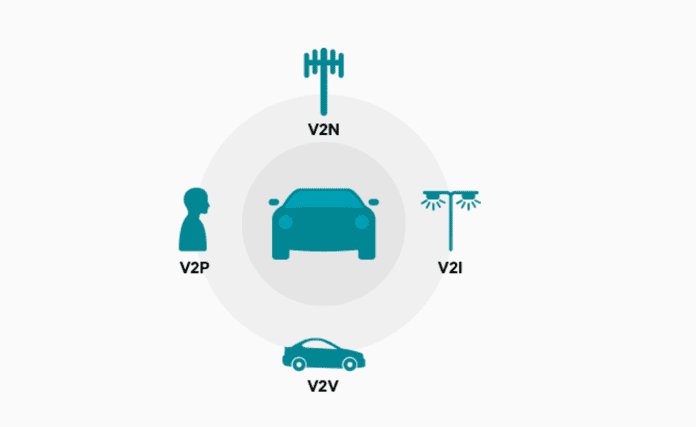The trial will focus on automotive safety, automated driving and traffic efficiency
AT&T, Ford, Nokia, and Qualcomm Technologies have announced what it claims to be the first cellular-V2X (C-V2X) trials in the U.S.
The involved companies said that testing is expected to take place in the San Diego Regional Proving Ground with the support of the San Diego Association of Governments (SANDAG), Caltrans, the City of Chula Vista, and intelligent transportation solutions provider McCain.
The primary goal of the trials is to demonstrate the potential of C-V2X technologies, including support for improved automotive safety, automated driving, and traffic efficiency. The trials will also be aimed at demonstrating to automakers and road operators the anticipated cost-efficient benefits associated with embedded cellular technology in vehicles and synergies between the deployment of cellular base stations and roadside infrastructure.
The companies also said that the initial testing phase is expected to begin later this year.
C-V2X is designed to help expand the role of wireless technology for road safety applications by facilitating the ability of vehicles to directly communicate with other vehicles, pedestrian devices, and roadside infrastructure, such as traffic signs and construction zones, using the 5.9 GHz band without the involvement of a cellular network.
For this trial, C-V2X platforms are expected to be installed in Ford cars using the Qualcomm 9150 solution to facilitate direct communications, and are complemented by AT&T’s 4G LTE network communications and ITS platform. Meanwhile, Nokia will provide the wireless base stations and multi-access edge computing technology. For the new communication technologies being deployed, McCain will help facilitate the effective integration with existing and emerging traffic signal control infrastructure.
Testing will support direct communications operating in the 5.9 GHz ITS spectrum to explore the safety enhancements of vehicle-to-vehicle (V2V) use cases, including do not pass warning, intersection movement assist, and left turn assist, among others. The trials will also support advanced vehicle communication capabilities for improved traffic efficiencies, such as real-time mapping updates and event notifications relayed using AT&T’s cellular network and Nokia Cloud Infrastructure, the companies said.
The San Diego region was designated by the U.S. Department of Transportation as one of ten automated vehicle proving grounds in the U.S. earlier this year.
“Leveraging the evolution of embedded cellular technologies for V2X communications holds great potential to advance safety benefits to all road users,” said Cameron Coursey, vice president, AT&T internet of things solutions.

